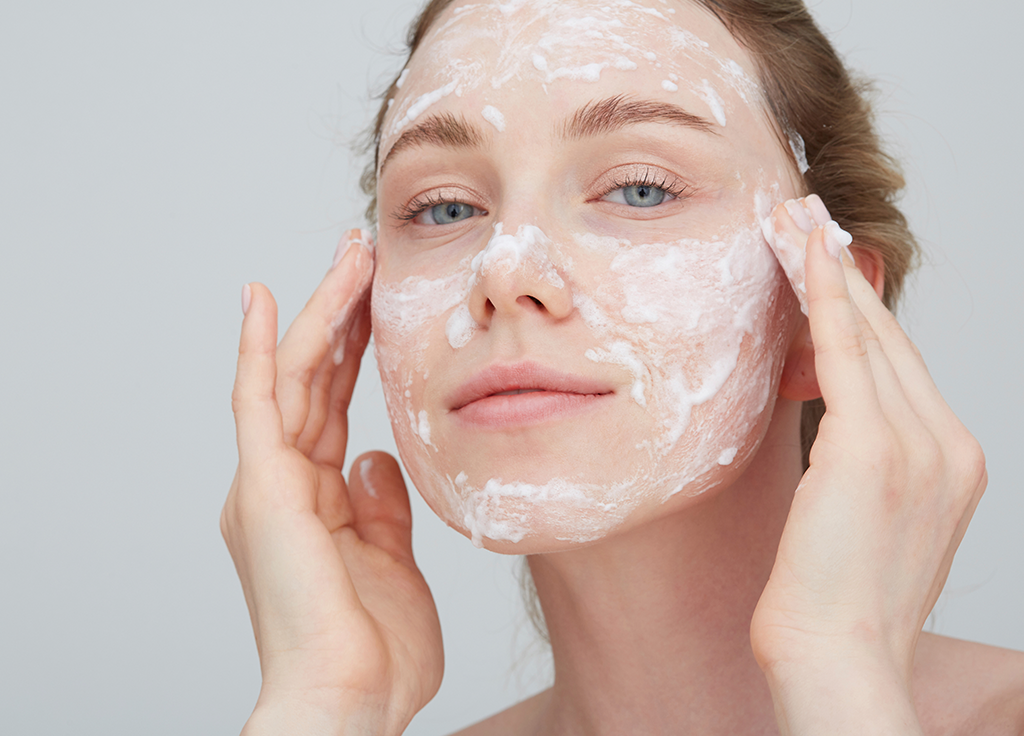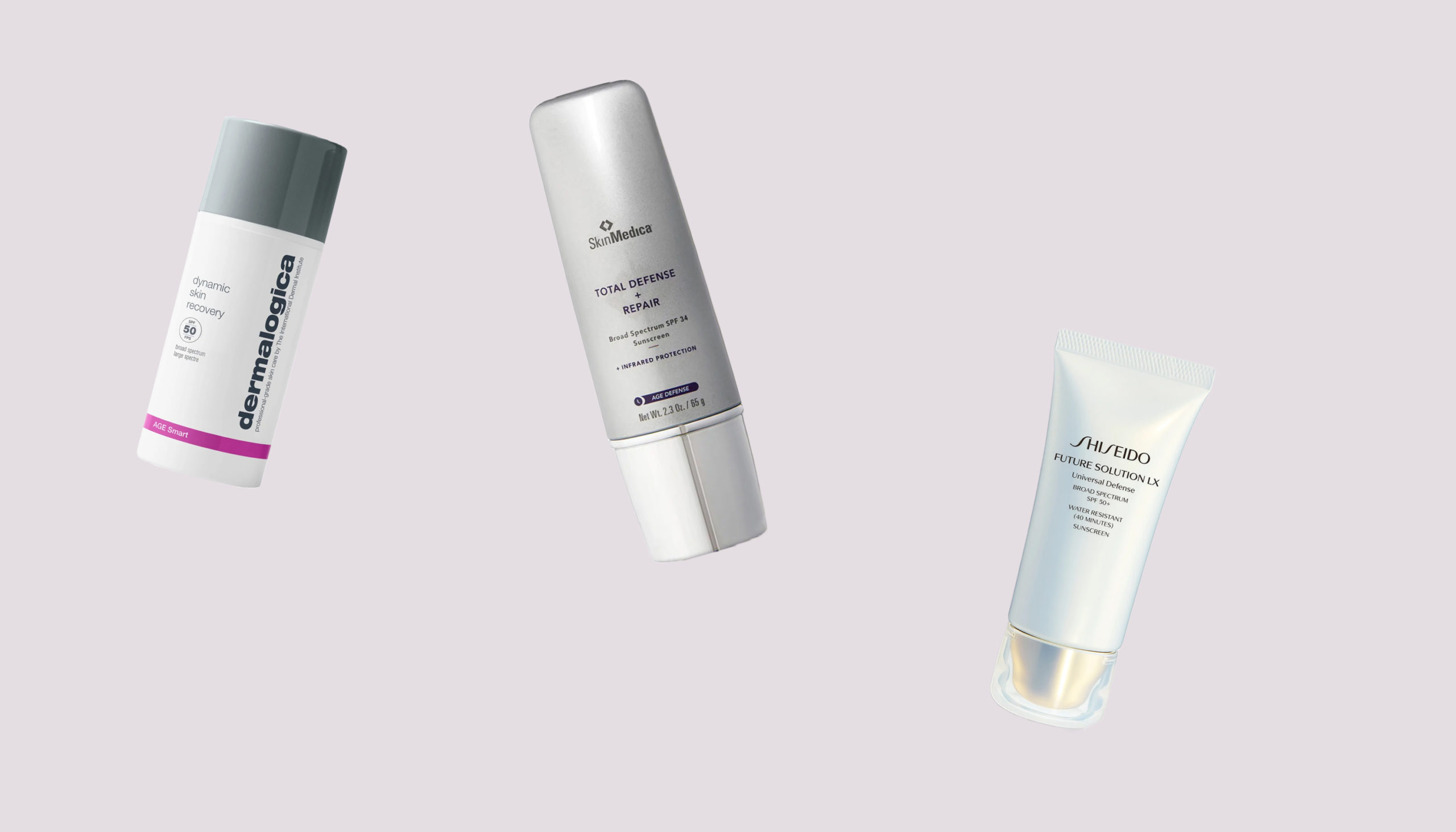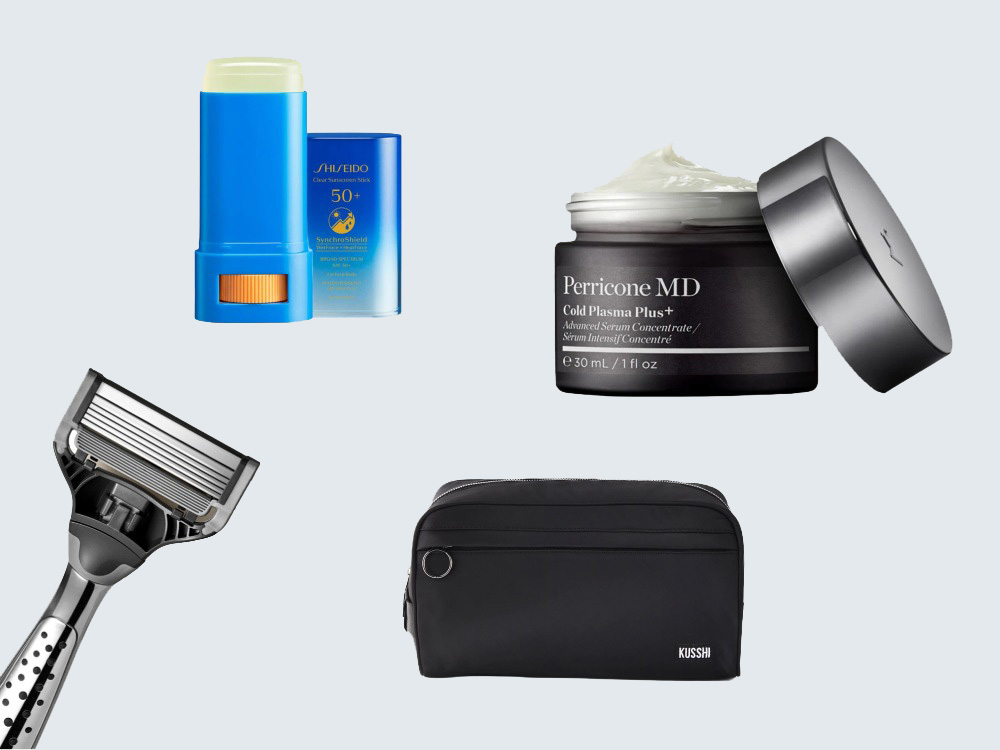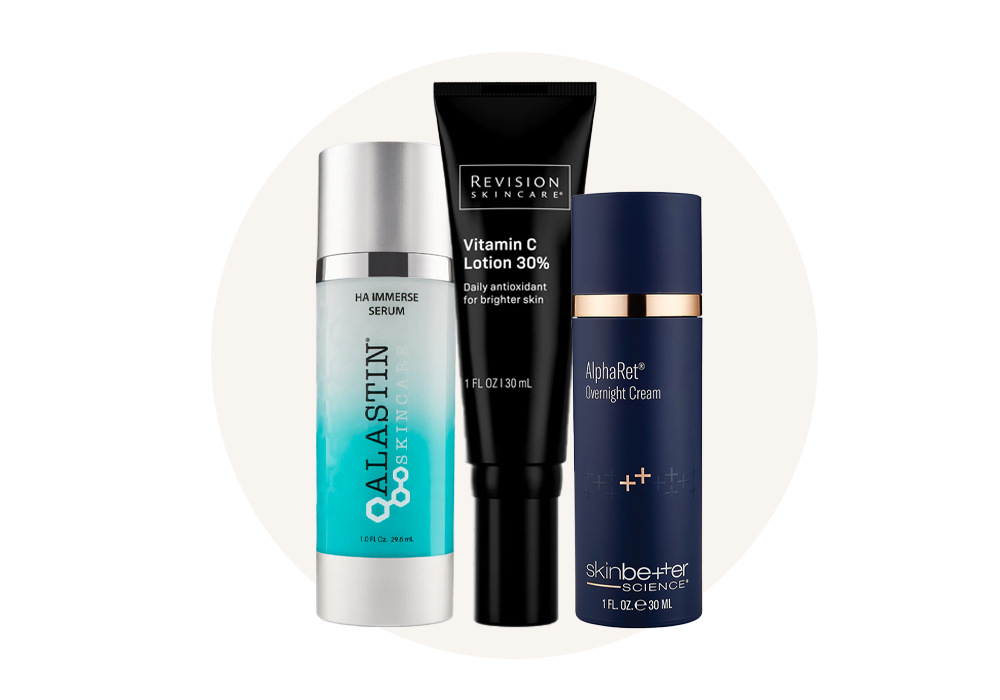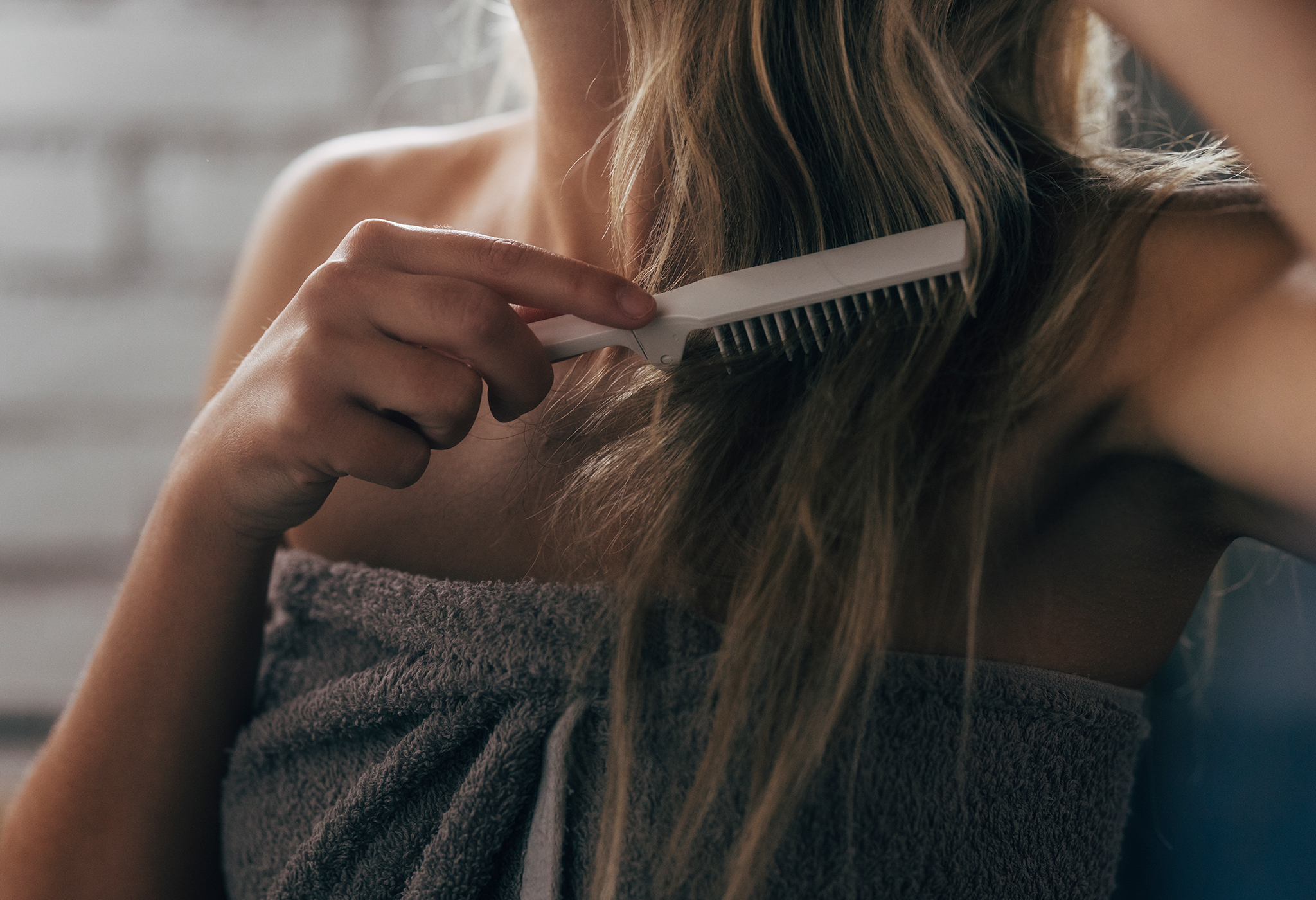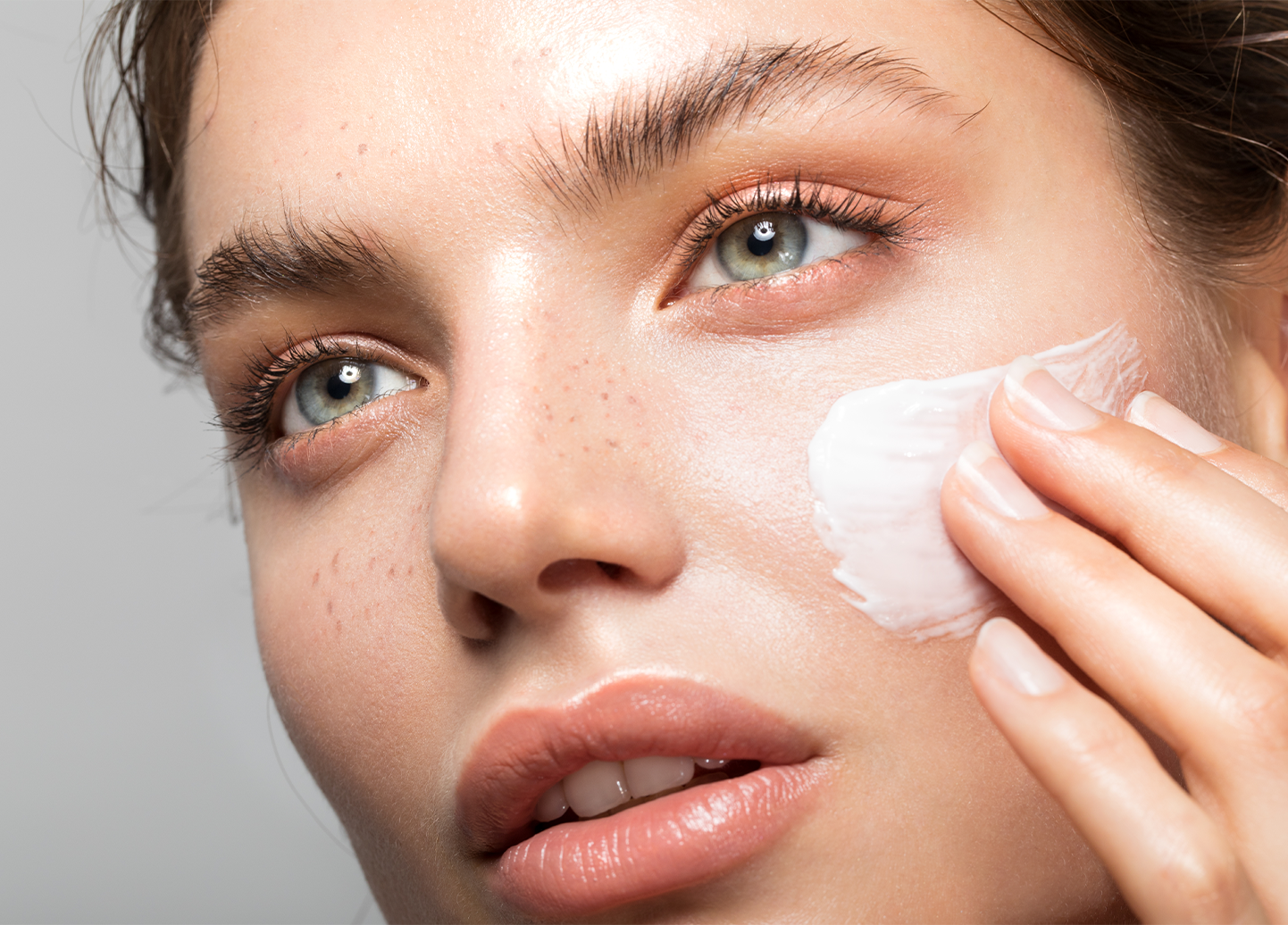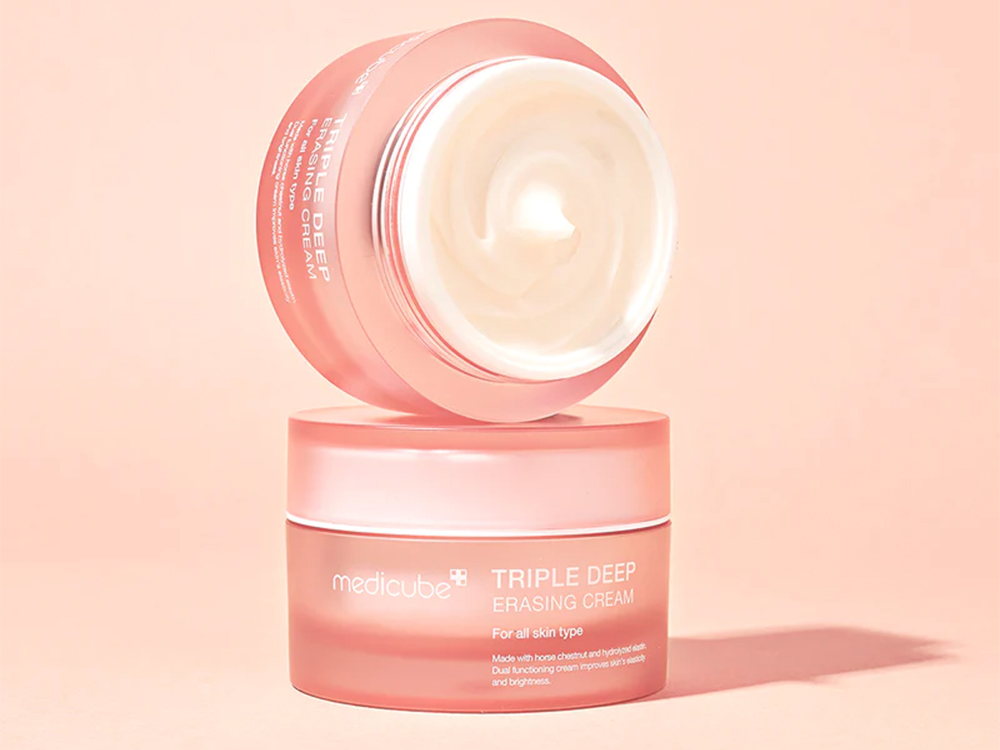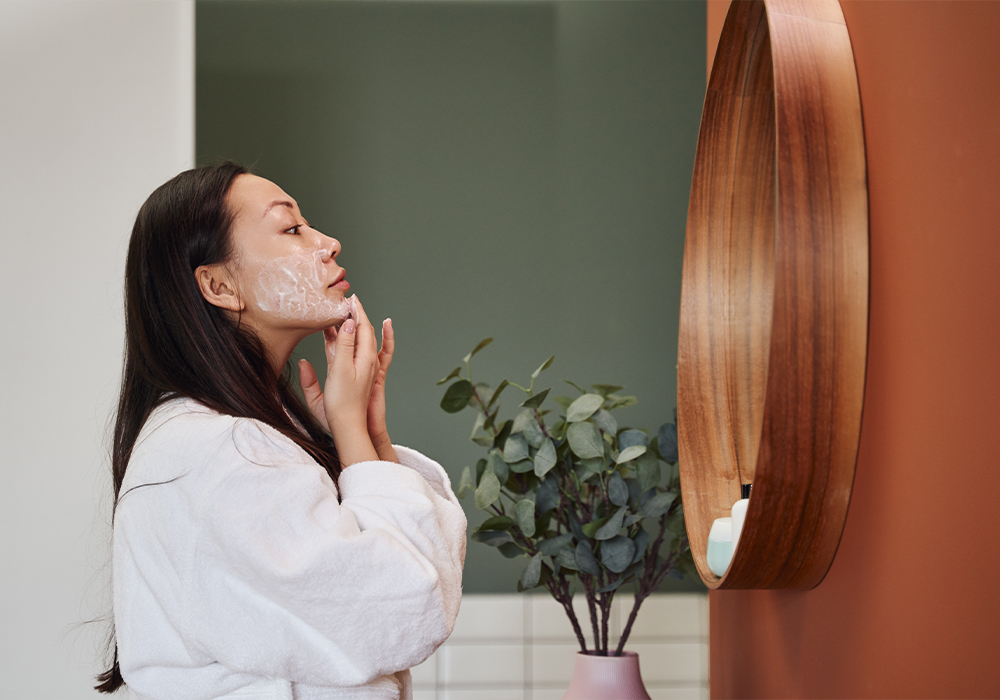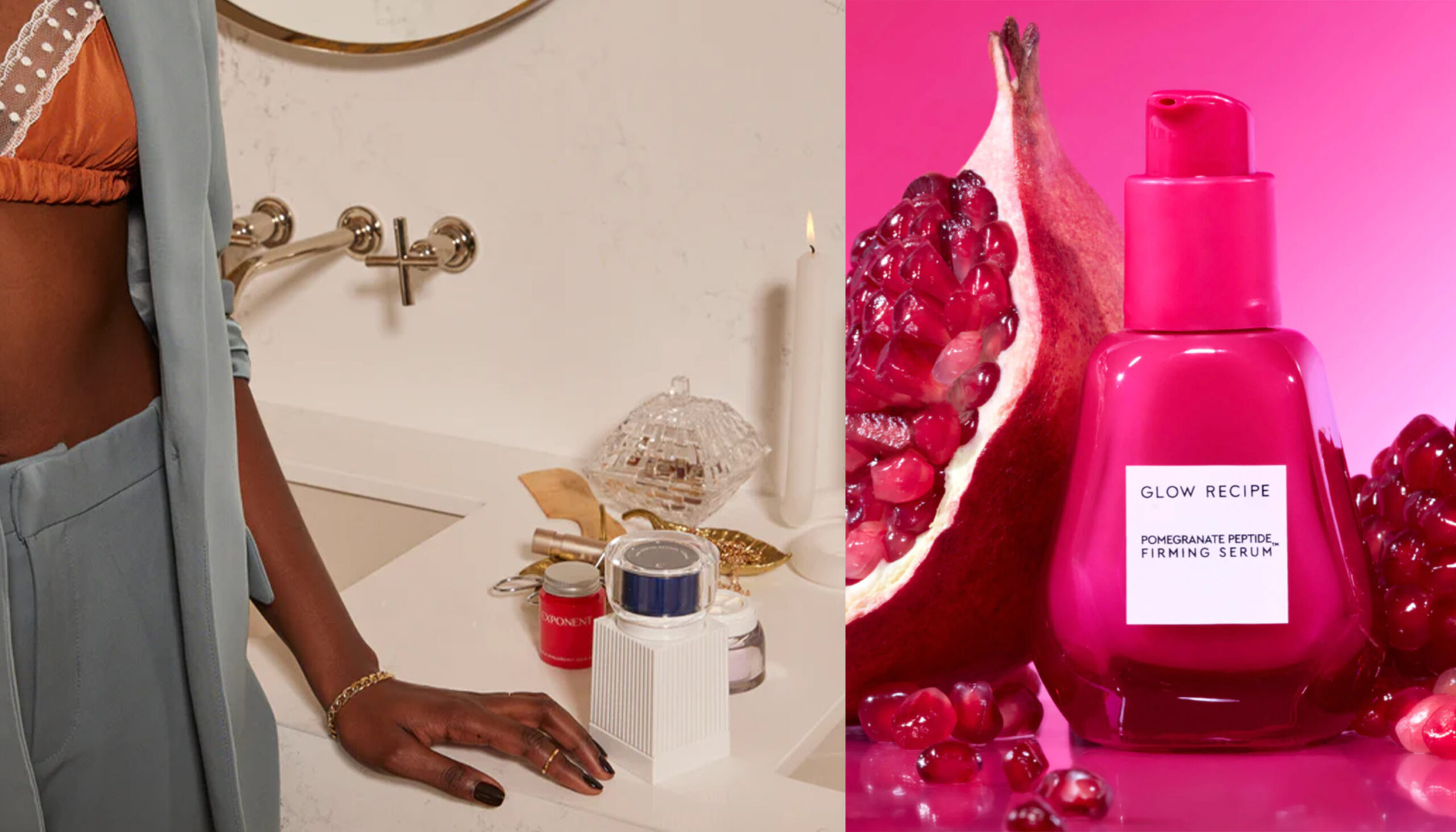The anti-aging gold-standard is always a good idea, and now, it’s having a mega moment, with recent stats suggesting as much as a 40-percent increase in online searches. Here’s what top doctors say you should know.
Retinol and Retin-A are not the same
“Prescription-strength Retin-A—in the retinoid family—is stronger and can provide better results than retinol, which is sold over the counter. However, because it’s stronger, it can cause redness and peeling,” says Saddle Brook, NJ dermatologist Fredric Haberman, MD, who recommends only applying at night. “It’s best to treat your skin extra carefully when you’re using Retin-A—only a pea-size amount is needed—and hydrate skin before and after application, as your skin needs to get used to the ingredient.
It works on all skin types
“When used daily, retinol increases skin’s cellular turnover rate,” says Chicago dermatologist Dr. Quenby Erickson. “As we age, this rate slows down, but the daily use of retinol can keep the cycle regulated, which means it can also slow signs of aging.” Not only does it help decrease lines, but it also boosts collagen and elastin. For sensitive skin, Dr. Erickson says: “If you’re using the correct strength, you should be fine.”
Start with the lowest strength
“Just like Retin-A, there are a few different strengths of retinol, all of which should be used based on the skin’s sensitivity,” says Charlotte, NC dermatologist Gilly Munavalli, MD. “If you are a retinol ‘newbie,’ I recommend starting with 0.3 percent strength and working up to the strongest concentration—1 percent—to ensure your skin can tolerate and adapt to any potential irritation.”
It may cause side effects
“Many people experience irritation when it comes to retinol use—redness, dryness and increased sensitivity are among the most popular,” explains Fruitland, ID dermatologist and founder of Epionce Skincare Carl Thornfeldt, MD. “Developing a sensitivity to sunlight is also very common, so routinely applying sunscreen should absolutely be on the daily agenda.

